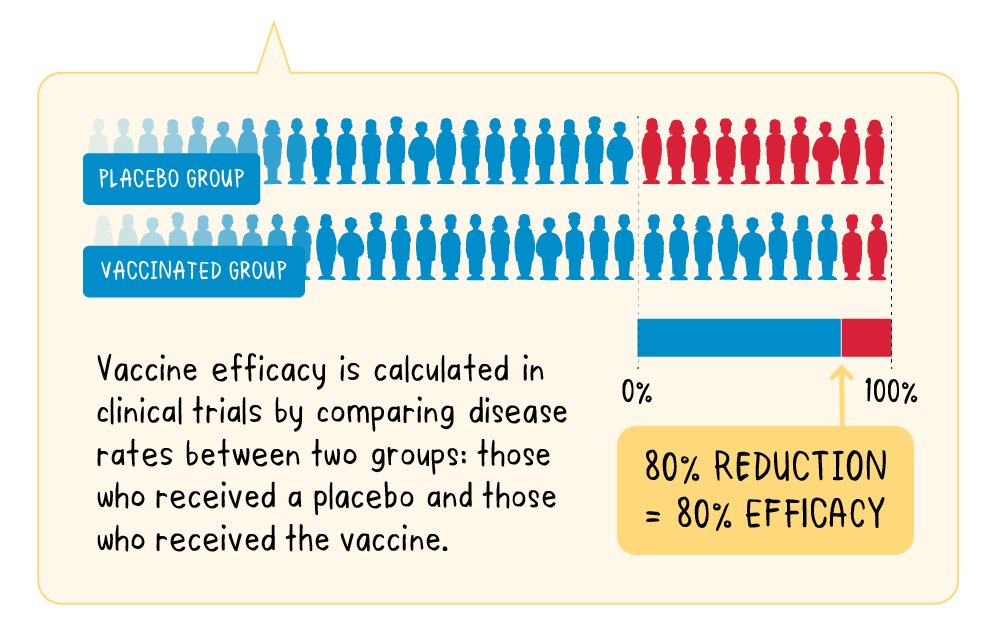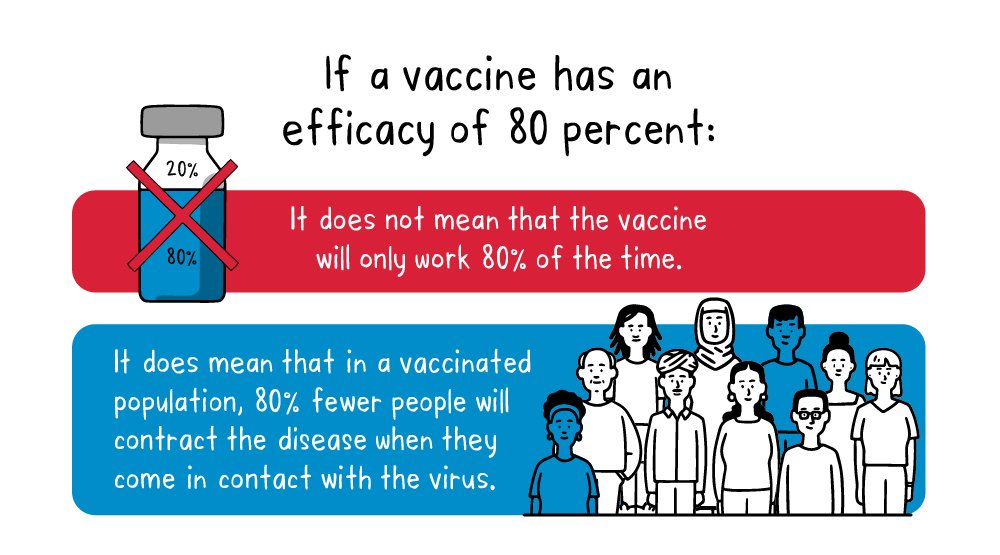Fact vs Myth
Myth: The Rapid Production Of Vaccine Make It Unsafe
The production of the COVID-19 vaccine takes less than a year. This short period of time has caused many people to doubt its effectiveness and side effects.
Fact:
The rapid production of the COVID-19 vaccine is due to several factors which includes:
1. Contributions from various organisations and individuals or companies to support scientists and pharmaceutical companies in the development of this vaccine. This large investment allows a lot of research being done at the same time as well as allowing them to use more advanced equipment to assist the research.
2. The vaccine study was also made based on the previous vaccine studies which allow faster production as they don’t have to start from zero. Many scientists also shared their knowledge and specialties in the vaccine production which allow its production to get speed up further.
3. The vaccine has undergone a strict evaluation by the Food and Drugs Administration (FDA) and the process is the same as other previously produced vaccines and the vaccine also meets the standards set by the FDA. This protocol is a must for every vaccine and medication before they can be given to the population as a treatment to ensure that it is safe for use.
Myth: The Vaccine Can Alter The Human's DNA
This is one of the main concerns of everyone who reads and follows the news of the development of COVID-19 vaccine production. Is this true?
Fact:
There is one type of vaccine produced for COVId-19 contains messenger ribonucleic acid (mRNA) where the mRNA of the COVID-19 vaccine serves to instruct our body cells to make and build proteins in response to the vaccine that resembles a real disease. This will cause our body to have immunity to the COVID-19 virus.
According to the Center for Disease Control (CDC), mRNA will not enter the nucleus of our cells where DNA is stored and it will not interact with DNA and will not directly alter anything in any form or way. Furthermore, the mRNA produced in response to the vaccine will be destroyed by immune cells which in turn will build antibodies specific to the virus.
Myth: COVID-19 Vaccine Contain Microchips
Some people believe that COVID-19 vaccine contains microchips or detectors. This is one of the hotly debated myths on the internet because they think this vaccine has an ability to track the whereabouts of an individual and monitor whatever they are doing. However, this is very unlikely to happen.
Fact:
The spread of this myth surfaces after Bill Gates mentions implementing digital certificates as vaccine records. His idea was misinterpreted while the truth was that he was talking about a totally different technology. Therefore, you do not have to worry because the chip will not be inserted directly into the body of the individual receiving the vaccine. In addition, nano or microtechnology in this era still hasn't reached the capability to create devices or detectors that are so delicate to be injected with the vaccine into the human body. Therefore, this notion is again unreasonable.
Myth: Those Who Are Infected With COVID-19 Do Not Need The Vaccine
Many people believe that once they get infected with COVID-19 and recover, they would already have the antibodies against the virus, hence there’s no need for them to get the vaccine. Well, do they?
Fact:
The vaccine can boost your body's immune system to fight the virus if you are exposed to the virus again in the future. Immunity gotten from the previous infection will be reduced over time, therefore getting an injection can help boost the immunity level. Vaccination is strongly encouraged for those who have been infected to curb this infection in our society and in turn protect you and your beloved.
Myth: The Vaccine Causes Infertility
People have been circulating this rumour in social media sites and the internet saying that the COVID-19 vaccine will attack one of the proteins that make up the placenta and cause infertility.
Fact:
Some say that the spike proteins in the coronavirus resemble the proteins that made up the placenta. However, experts said that this is not true and the spike proteins on this coronavirus do not have any resemblance to the proteins in the placenta that will cause immune response in the said tissue or cause infertility.
source:
www.doctoroncall.com.my



